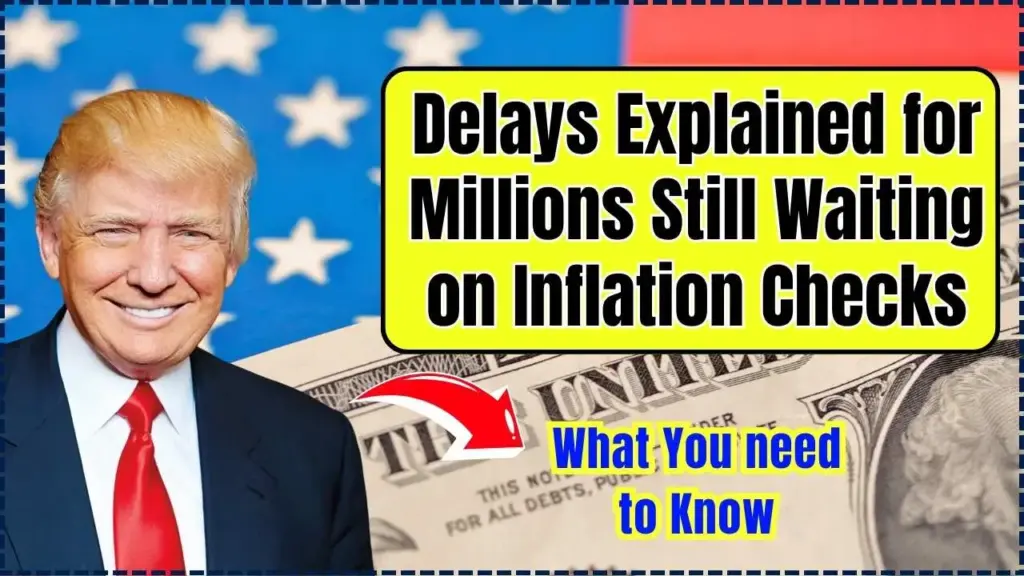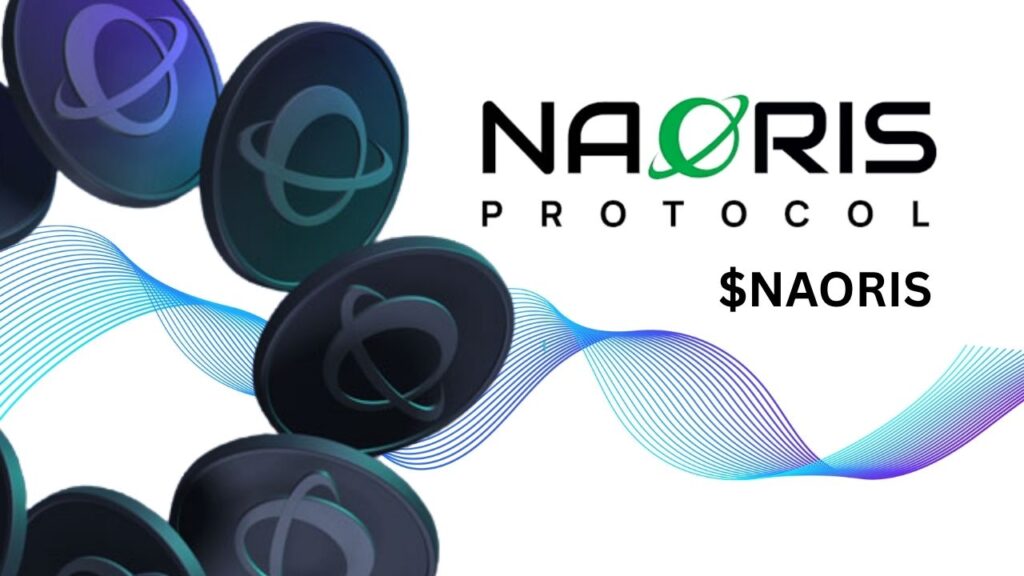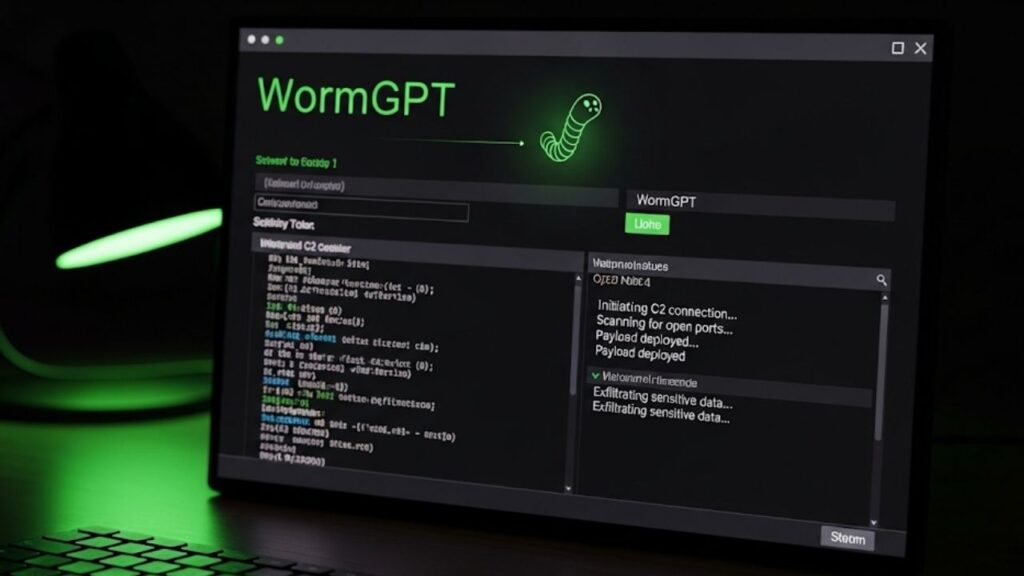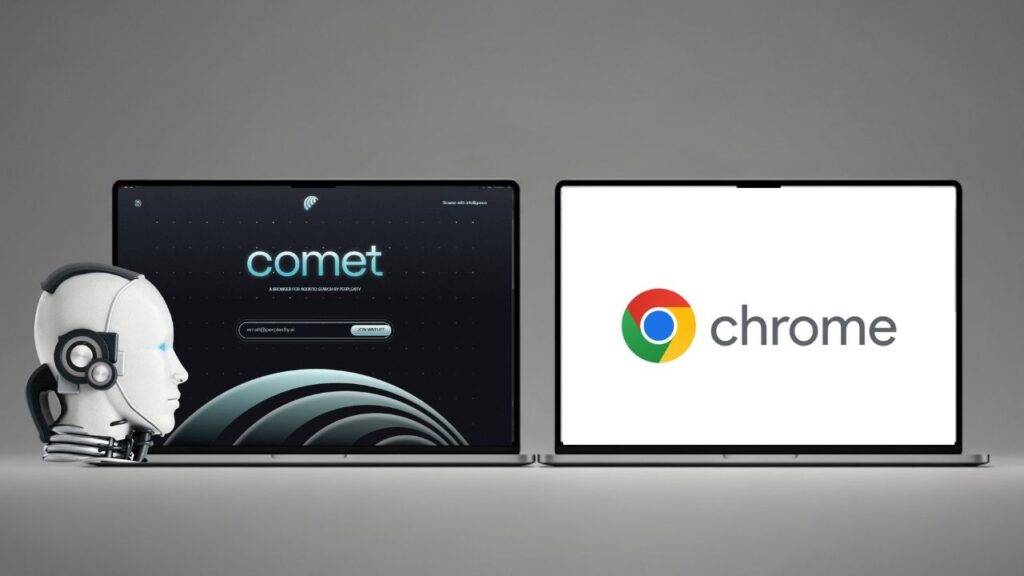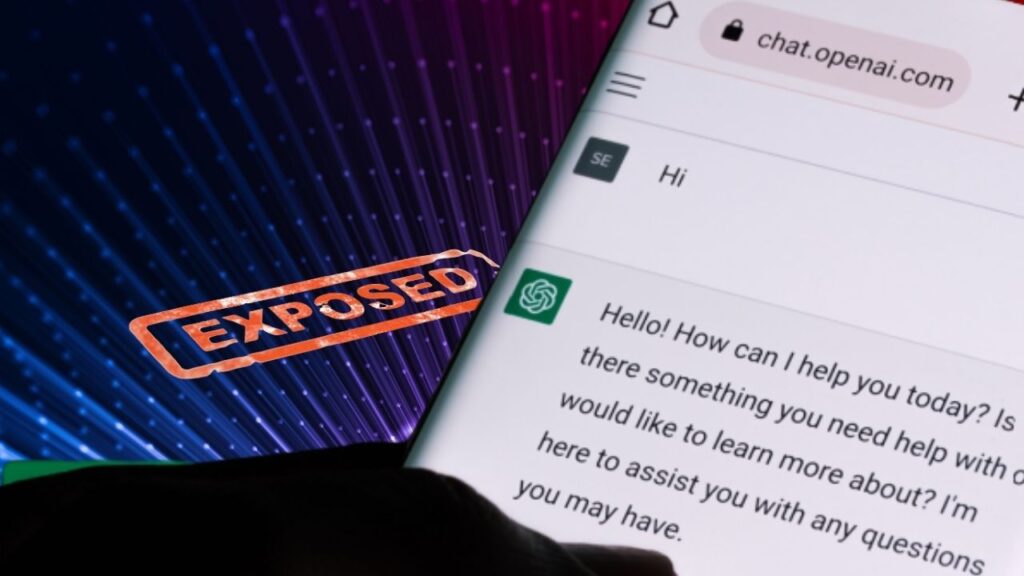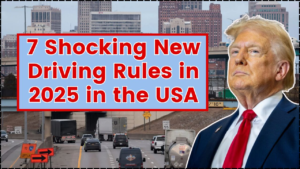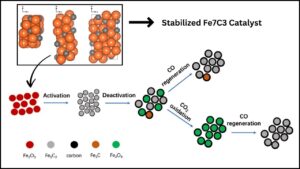Cash App users may be eligible for a payout as part of a $12.5 million settlement stemming from a class action lawsuit. The lawsuit alleges that Cash App violated privacy laws by sending unsolicited promotional text messages to consumers without their consent.
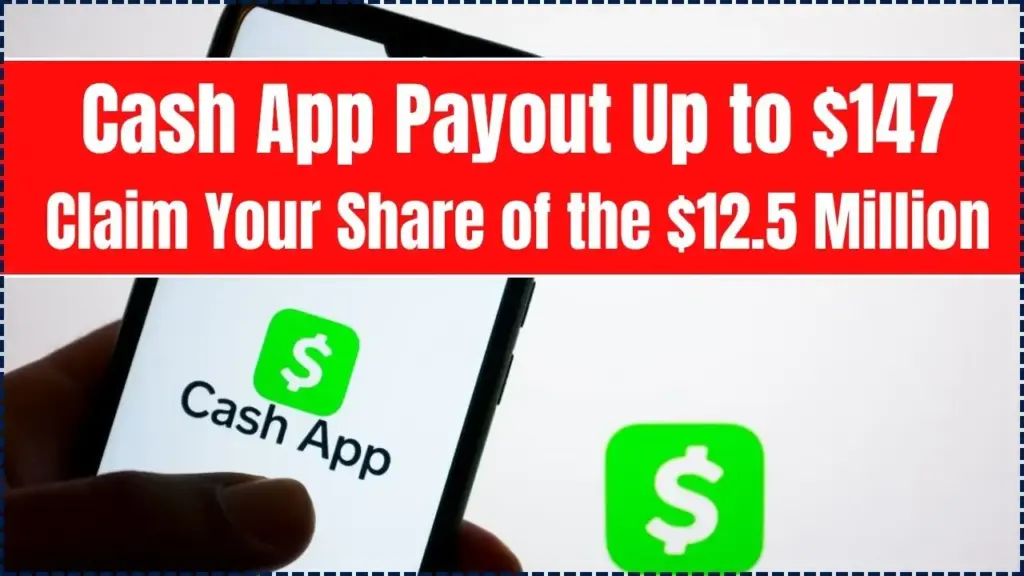
Users who meet specific eligibility requirements can claim up to $147 from the settlement, with claims due by October 27, 2025.
Table of Contents
Cash App Payout Up to $147
| Key Fact | Detail |
|---|---|
| Settlement Amount | $12.5 million |
| Eligible Claimants | Residents of Washington state who received unsolicited texts |
| Claim Deadline | October 27, 2025 |
| Payout Amount | $88 to $147 per eligible claimant |
Cash App users who received unsolicited text messages promoting the service may be eligible for a share of a $12.5 million settlement. The claim process is straightforward, with a deadline of October 27, 2025. Individuals who meet the criteria are encouraged to file their claims as soon as possible to ensure they receive their payout.
As this case demonstrates, consumers have the power to challenge companies’ marketing practices, ensuring that their privacy rights are protected. This settlement offers an opportunity for affected individuals to receive compensation while also reinforcing the importance of consent in digital marketing.
Background on the Lawsuit
The Cash App settlement arises from a class-action lawsuit filed against Square (the parent company of Cash App) in response to allegations that the company sent unsolicited promotional text messages to residents of Washington state between November 14, 2019, and August 7, 2025.
The lawsuit claimed that Cash App violated Washington’s Commercial Electronic Mail Act (CEMA) and Consumer Protection Act, which prohibit companies from sending marketing messages without prior consent.
Washington’s strict privacy laws require that companies obtain consumer consent before sending such communications, whether through email, text, or other digital means. While Cash App has not admitted to any wrongdoing, the settlement seeks to resolve these claims by offering compensation to affected users.
The settlement amount of $12.5 million is intended to provide restitution to eligible claimants who received unsolicited marketing messages from Cash App during the relevant period. This lawsuit is part of a growing trend of class actions aimed at holding companies accountable for violating consumers’ digital rights and privacy.
Who Is Eligible for the Cash App $147 Settlement?
To qualify for a payout, individuals must meet the following criteria:
- Residency: The claimant must have been a resident of Washington state during the relevant period of the lawsuit.
- Unsolicited Messages: The individual must have received one or more unsolicited text messages from Cash App promoting its services between November 14, 2019, and August 7, 2025.
- Consent: The individual must not have consented to receiving these promotional messages.
If you meet these conditions, you are likely eligible for compensation. However, if you’re unsure whether you’ve received these unsolicited messages, you may still want to check the settlement website for eligibility.
Cash App Payout Up to $147 File a Claim
Eligible individuals can claim their share of the settlement by submitting a claim form. There are two primary ways to file a claim:
1. Online Submission
- Visit the official settlement website: BottomsTextSettlement.com.
- Enter your phone number to verify whether you are eligible.
- Complete the claim form online, providing necessary information such as your contact details and phone number.
2. Mail Submission
If you prefer to submit your claim by mail, you can download and print the claim form from the website. After completing the form, mail it to the address listed below:
Bottoms v. Block Settlement Administrator
P.O. Box 2631
Baton Rouge, LA 70821
For any questions or assistance, claimants can contact the settlement administrator at 877-540-7545 or info@BottomsTextSettlement.com.
Claim Deadline and Payment Details
All claims must be submitted by October 27, 2025. Late claims will not be accepted. Once the claims process is complete, payments will be distributed to eligible claimants.
The exact payout amount will depend on the number of valid claims filed. Eligible claimants can expect to receive between $88 and $147. The payout will be made through one of the following methods, based on the claimant’s preference:
- PayPal
- Venmo
- Direct deposit
- Check
How Much Can You Expect?
The exact amount of each individual payout will depend on several factors, primarily the total number of eligible claimants. As more claims are submitted, the payout per claimant may decrease. Based on early estimates, eligible claimants can expect to receive between $88 and $147 each.
The settlement administrators have indicated that, while each claim is important, the final amount per claimant is subject to adjustments based on the total claims pool.
What to Keep in Mind
Before submitting a claim, here are a few important details to consider:
- One Claim Per Person: Each phone number is allowed to submit only one claim. Multiple submissions from the same person will result in disqualification.
- Accuracy is Key: Ensure all the information provided on the claim form is correct. Inaccurate or incomplete forms could delay or prevent payment.
- Scam Alerts: Be cautious of fraudulent websites or individuals claiming to assist with claims. Always use the official settlement website to submit your claim.
- No Fees: Filing a claim is free. Do not pay anyone offering to help you file your claim for a fee. The settlement process is straightforward and requires no financial investment.
Related Links
Ross Expands Its Footprint With Dozens of New Stores Opening Nationwide
Tesla Faces New Recall Impacting Over 76,000 Vehicles Across the U.S.
The Importance of the Settlement
The Cash App settlement underscores the importance of consumer protection laws, particularly in the digital space. The lawsuit highlights how companies must obtain explicit consent before sending promotional messages. Washington state’s stringent consumer protection laws set a precedent for other states to follow, signaling growing concern over digital privacy and unsolicited marketing practices.
For consumers, this settlement is a reminder of their rights under the law and the importance of holding companies accountable for their marketing practices. As digital communication becomes increasingly prevalent, these legal frameworks will likely play an essential role in safeguarding consumers’ privacy in the years to come.
Additionally, the settlement reinforces the significance of monitoring communications for consumers, especially in the face of evolving digital marketing practices. Privacy advocates have welcomed this lawsuit as a model for protecting consumers in the ever-expanding digital marketplace.
Additional Considerations for Consumers
How These Legal Cases Affect the Tech Industry
As more individuals file complaints regarding unsolicited digital marketing, this case represents a broader issue faced by companies in the tech and finance sectors. Lawsuits like these emphasize the need for companies to prioritize consumer consent, and they may prompt other states to consider similar regulations.
Legal experts suggest this could influence federal-level policymaking regarding digital communication privacy across the United States.

